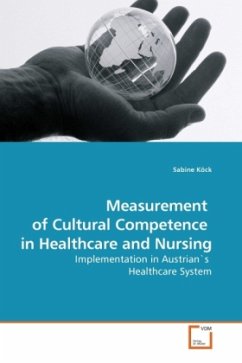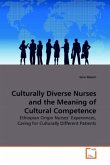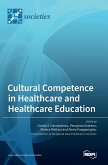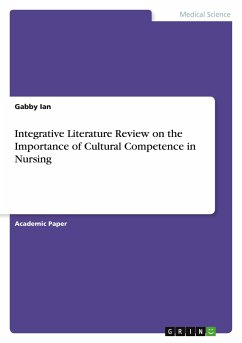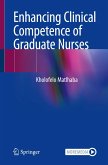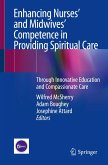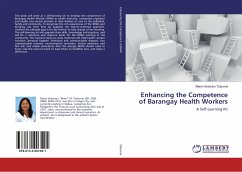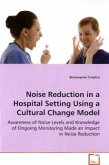Increasing multiculturalism in Austria mainly demands the consideration of traditions, life-ways, behaviours and needs in caring patients with different cultural background in the health care system. Therefore this book deals with the assessment of cultural competence and the question which instrument could be implemented in Austria to measure the level of cultural competence among the health care system. To explain the meaning of cultural competence, different models by diverse researchers build the theoretical framework. Out of nine presented instruments, the Inventory for Assessing the Process of Cultural Competence among Healthcare Professionals-Revised (IAPCC-R), developed by Campinha-Bacote, was chosen, translated, modified and completed with additional items and open questions. The Principles of good Practice by the ISPOR including ten steps were used as guideline for the translation of the questionnaire, complemented with the validation by an expert. The final version of the assessment tool can be implemented in any health care system to measure the level of cultural competence among health care professionals and to analyse if any improvements are necessary.
Bitte wählen Sie Ihr Anliegen aus.
Rechnungen
Retourenschein anfordern
Bestellstatus
Storno

